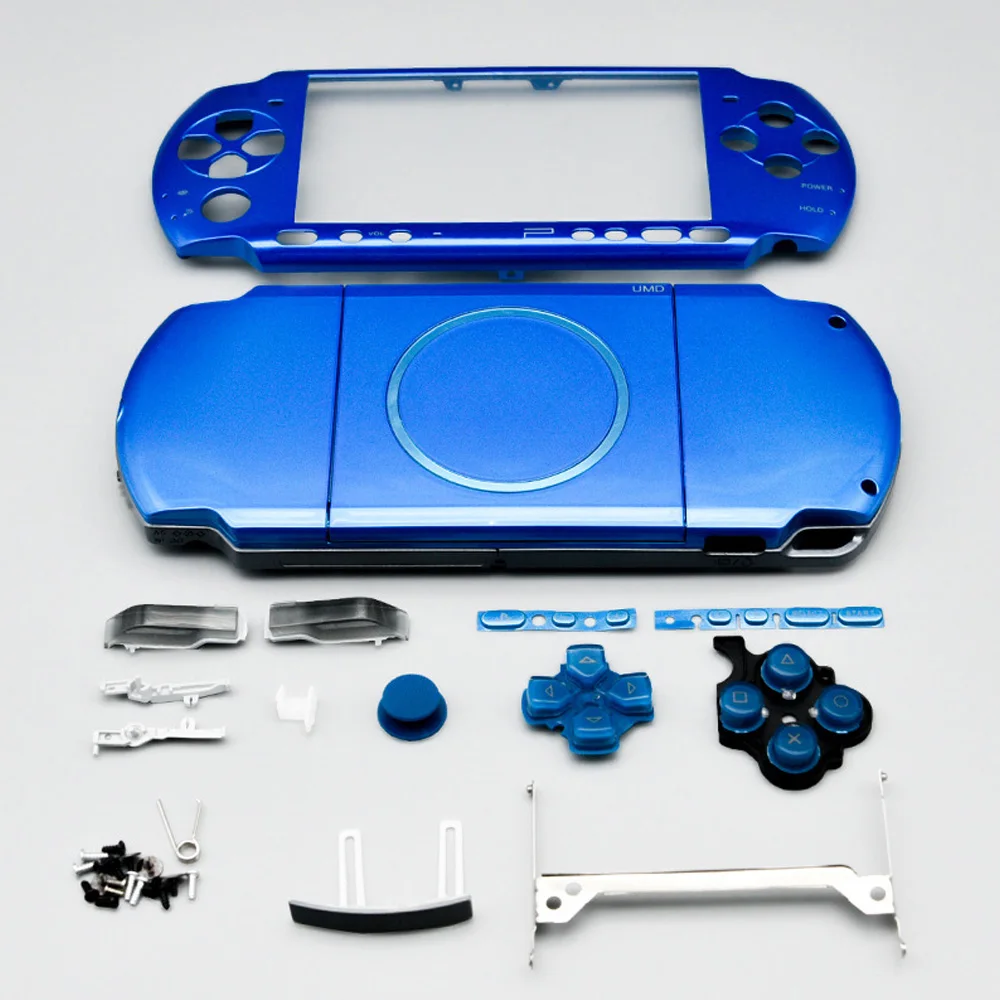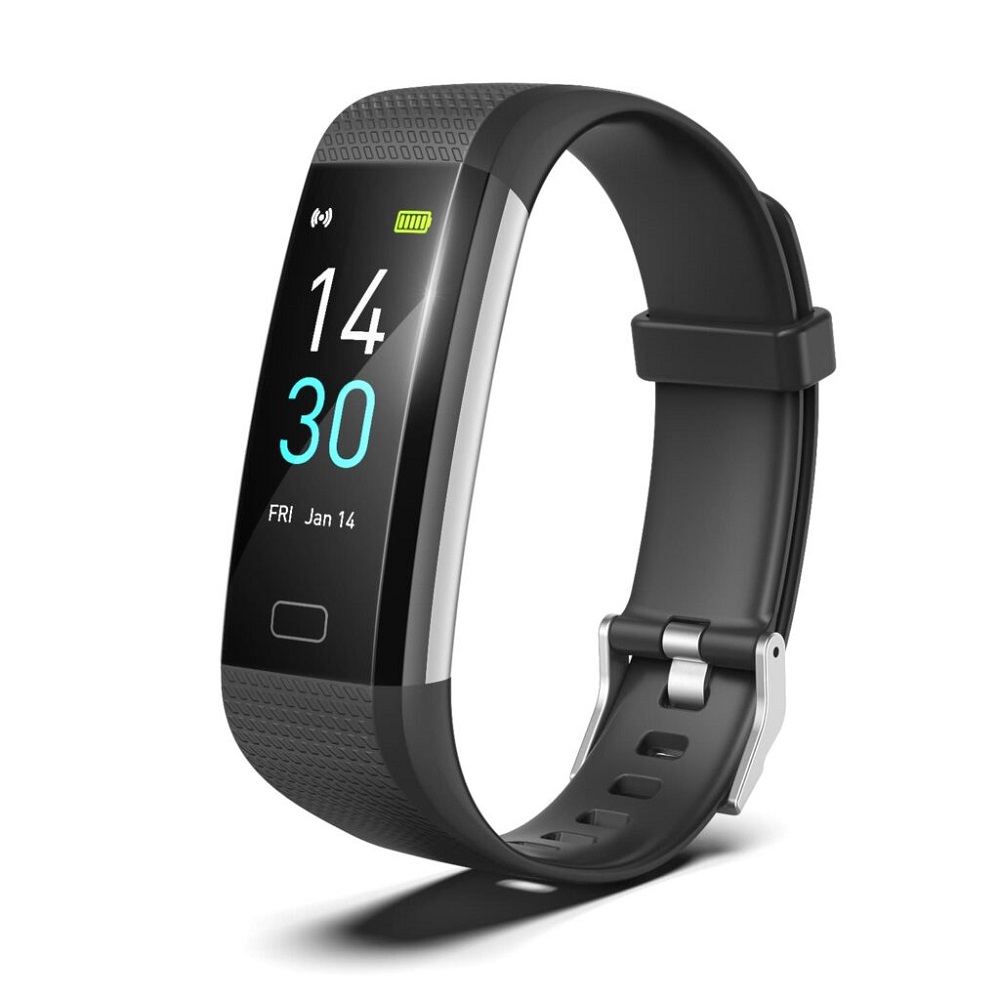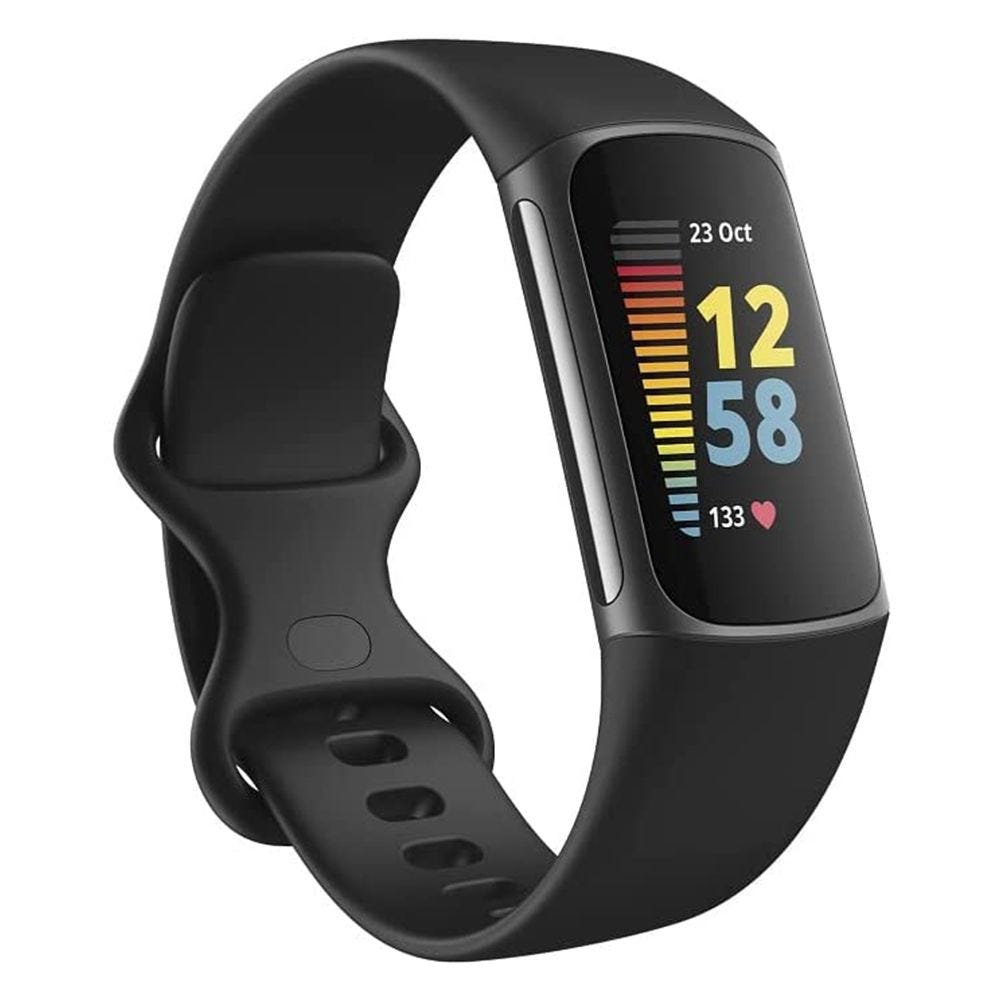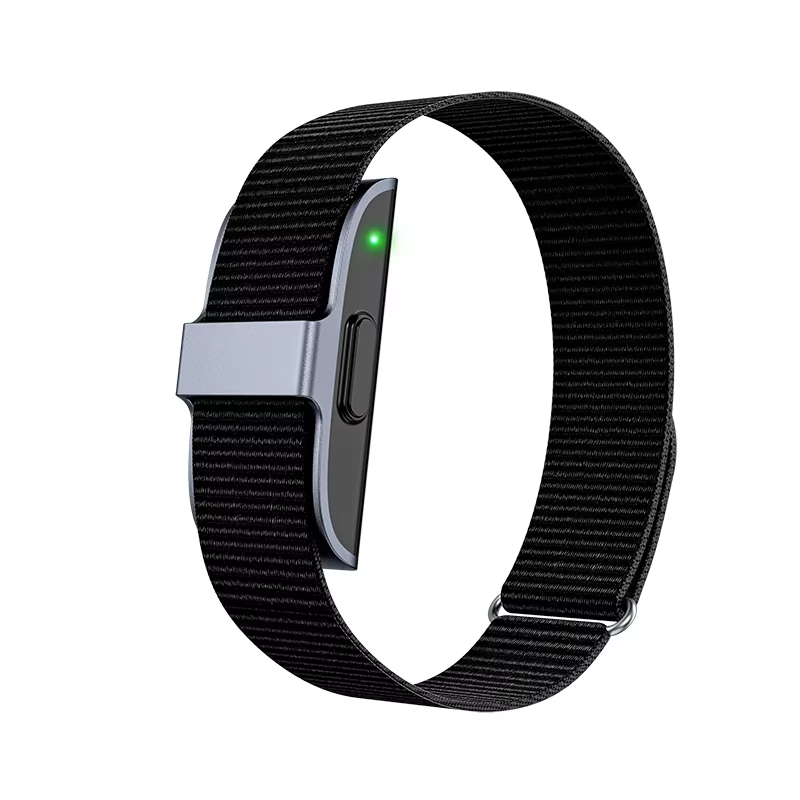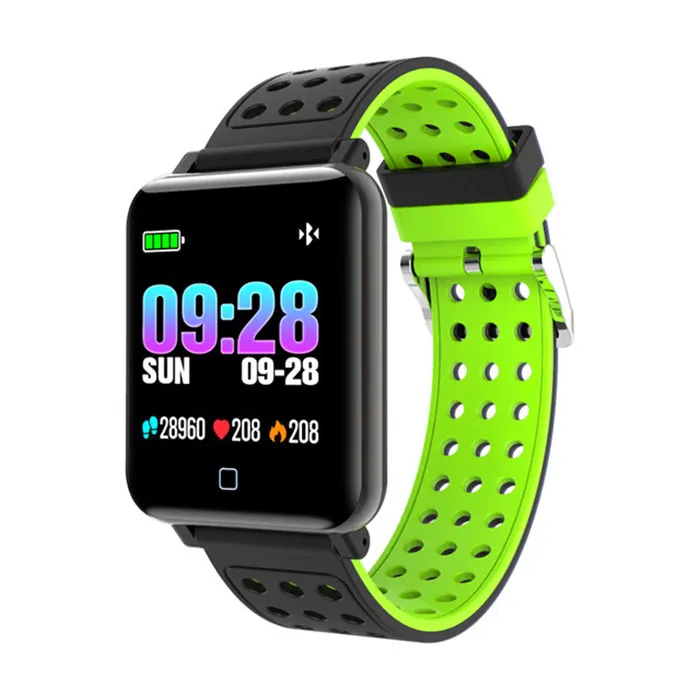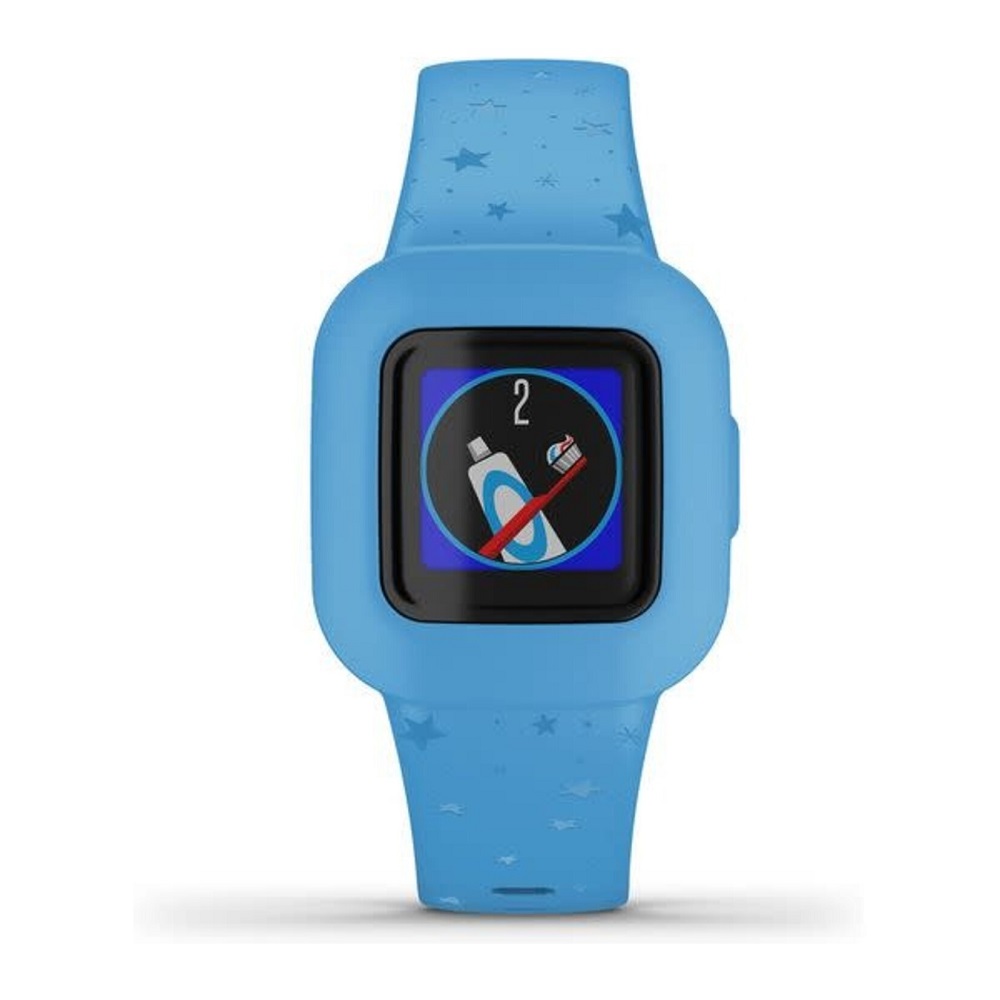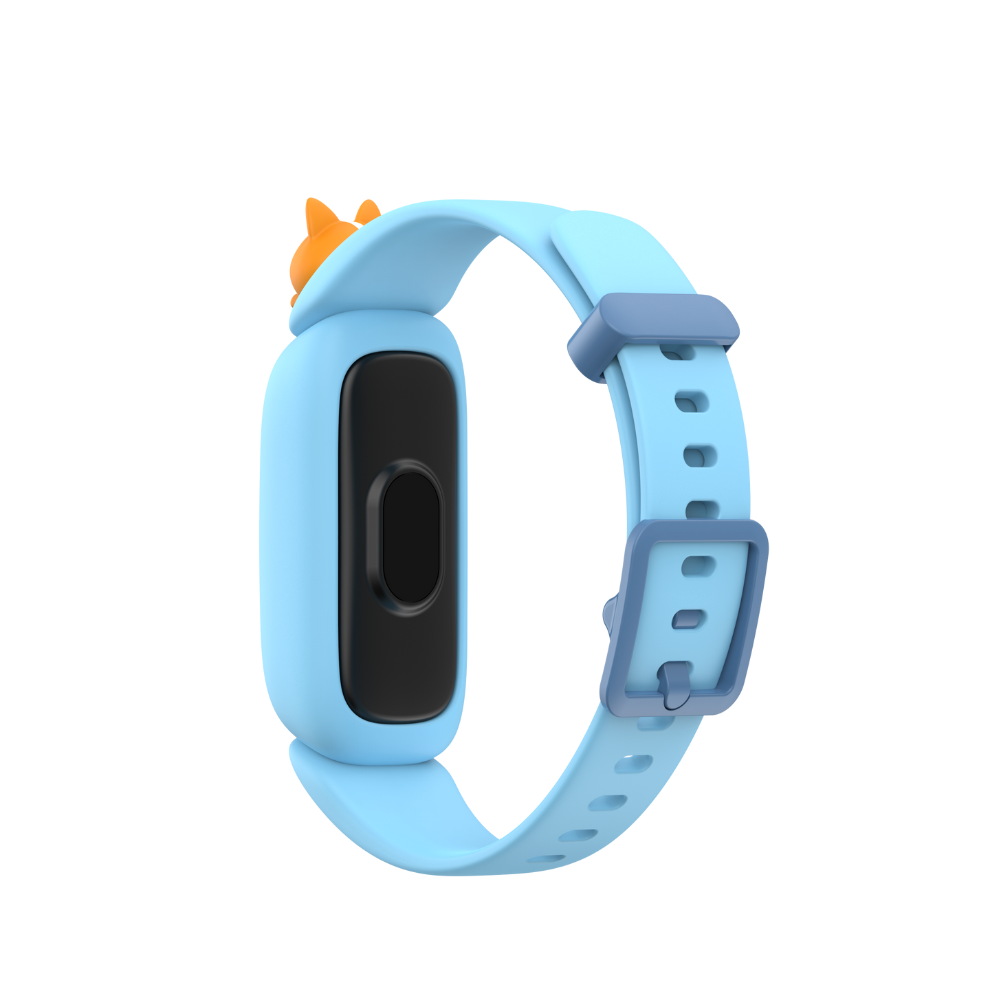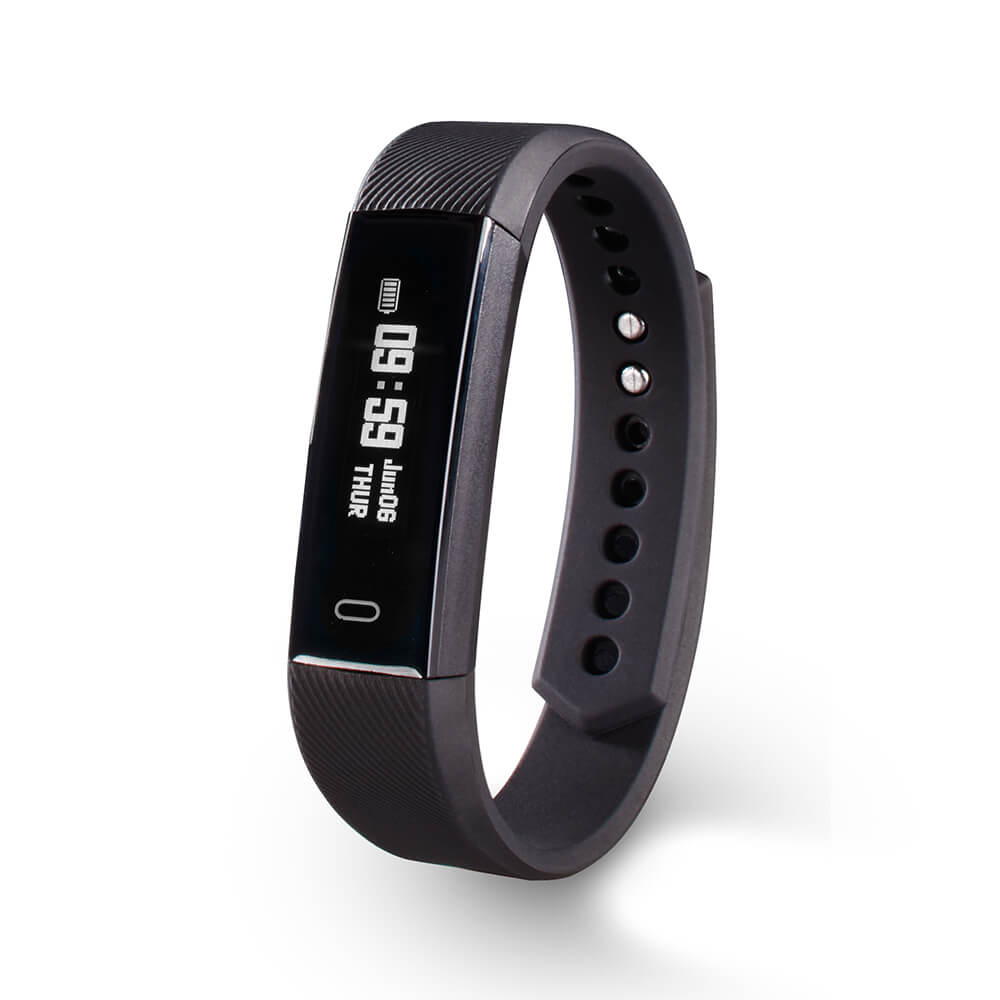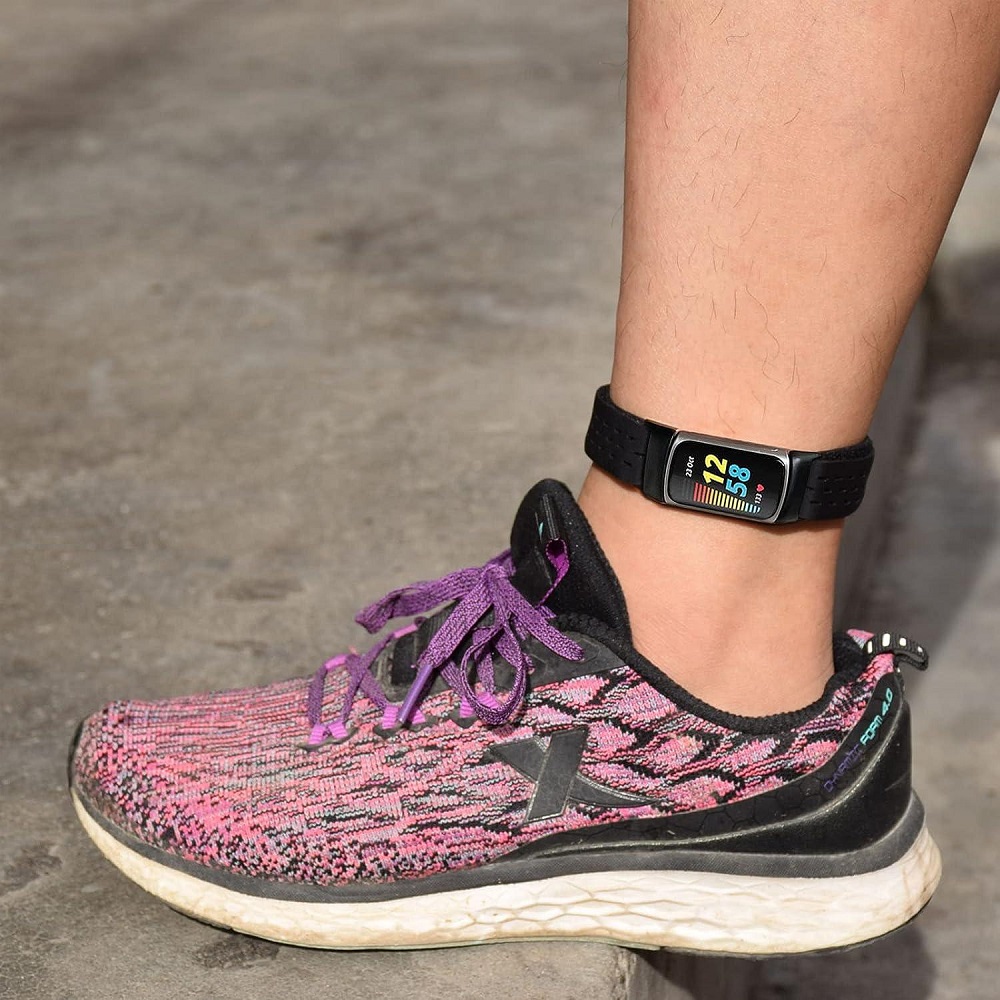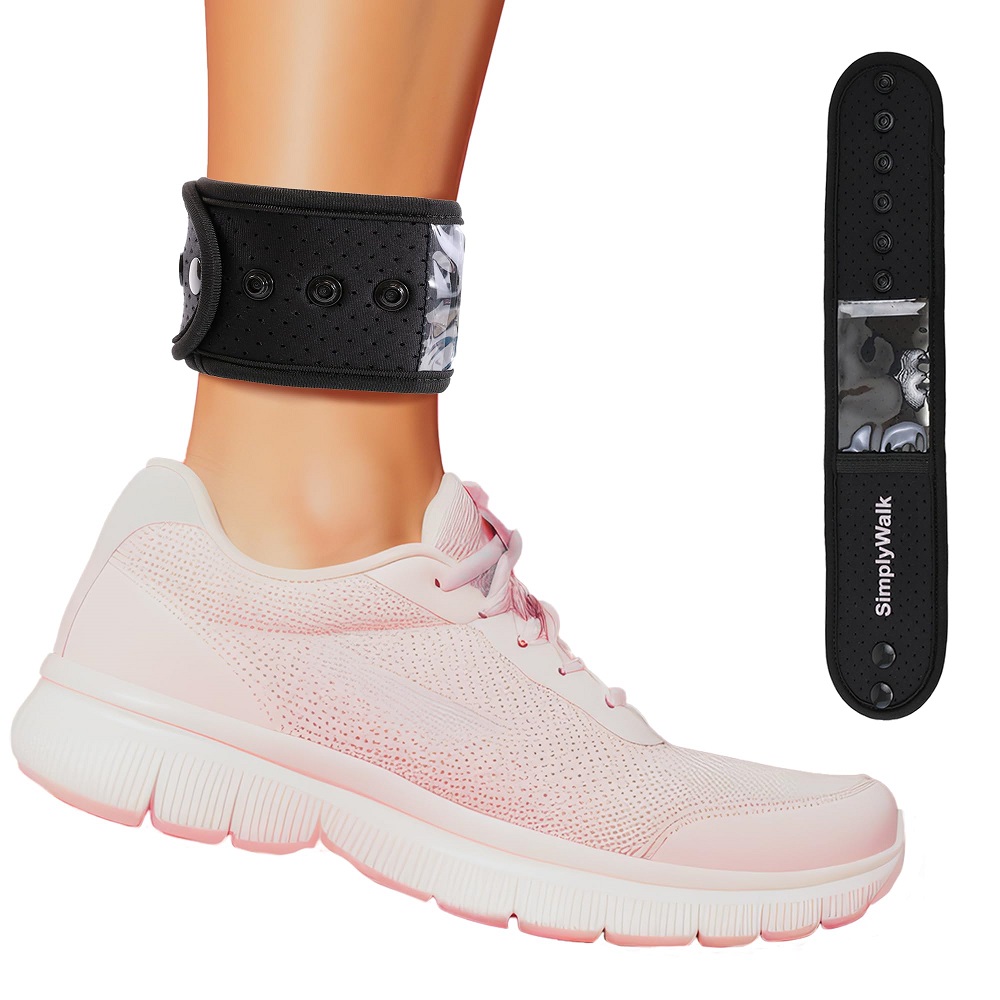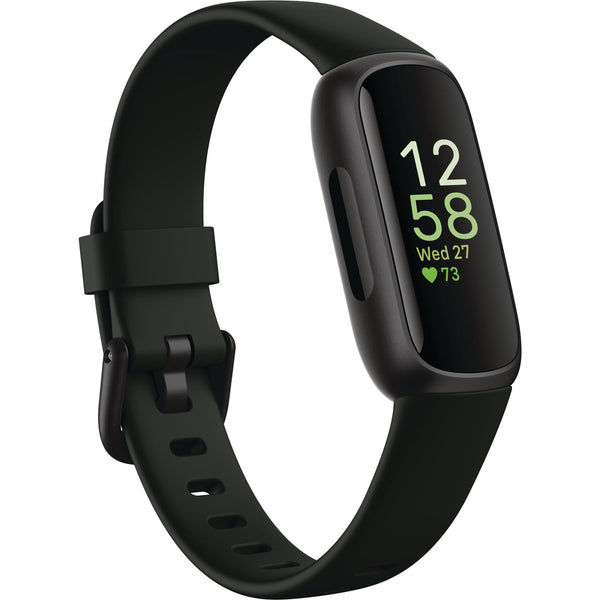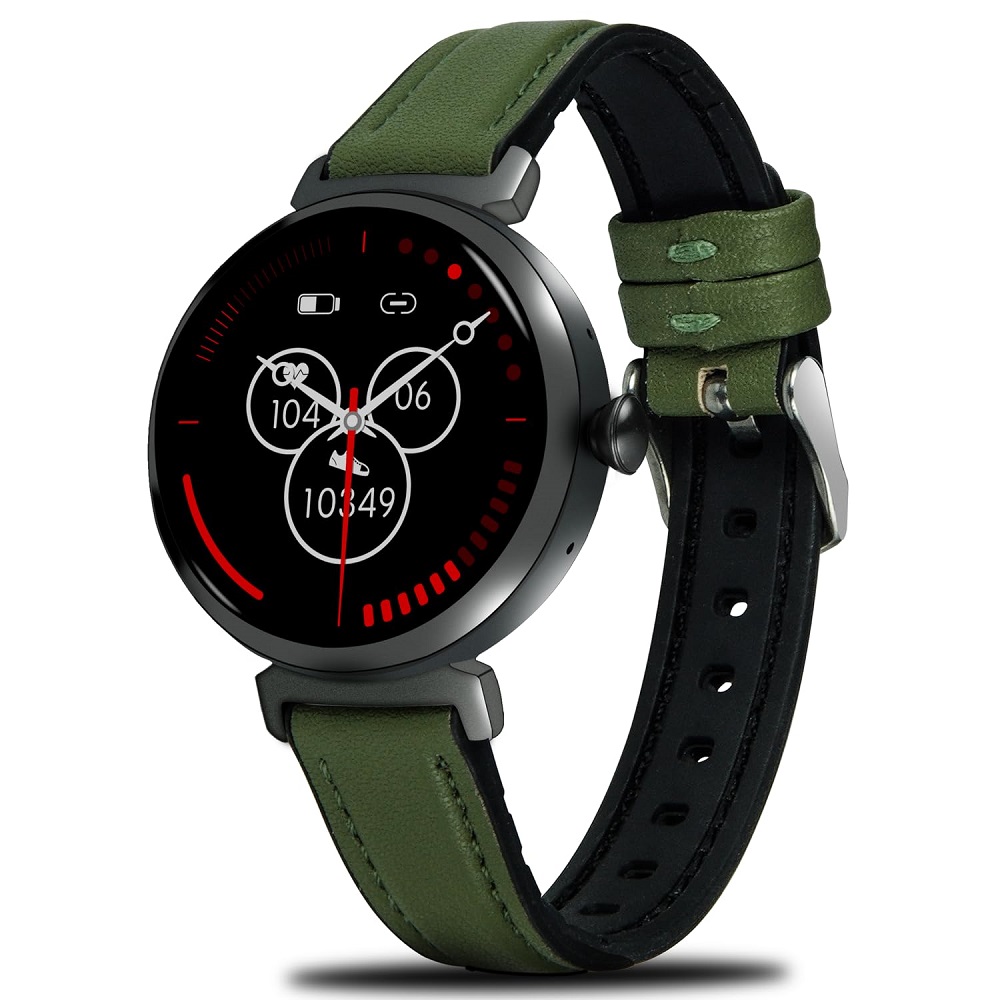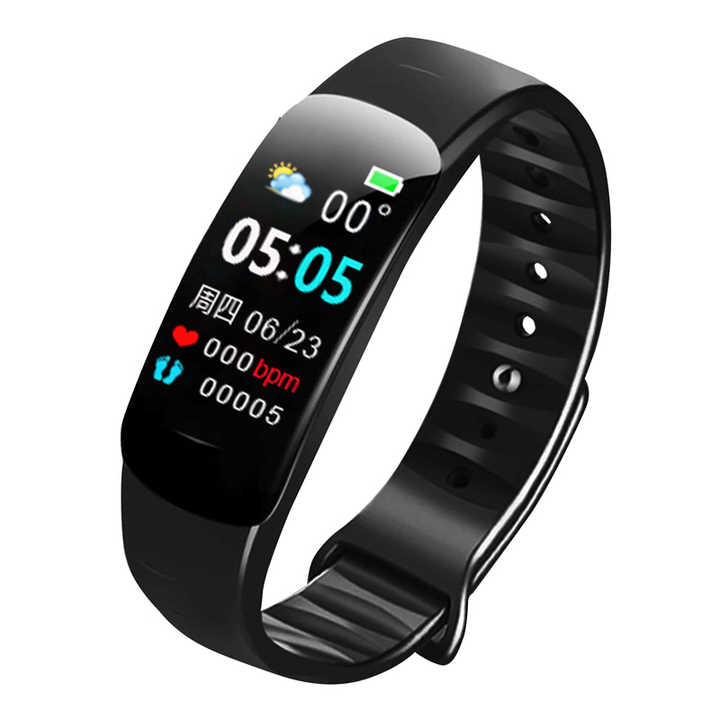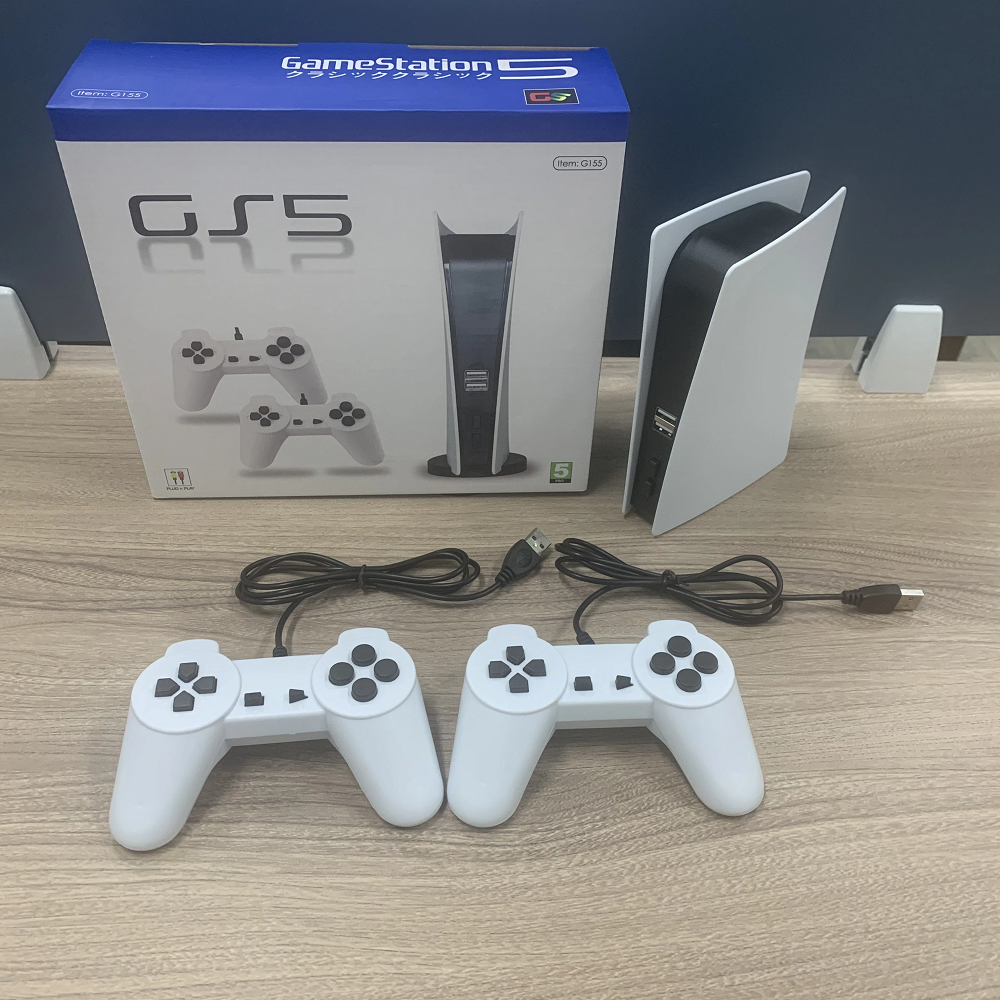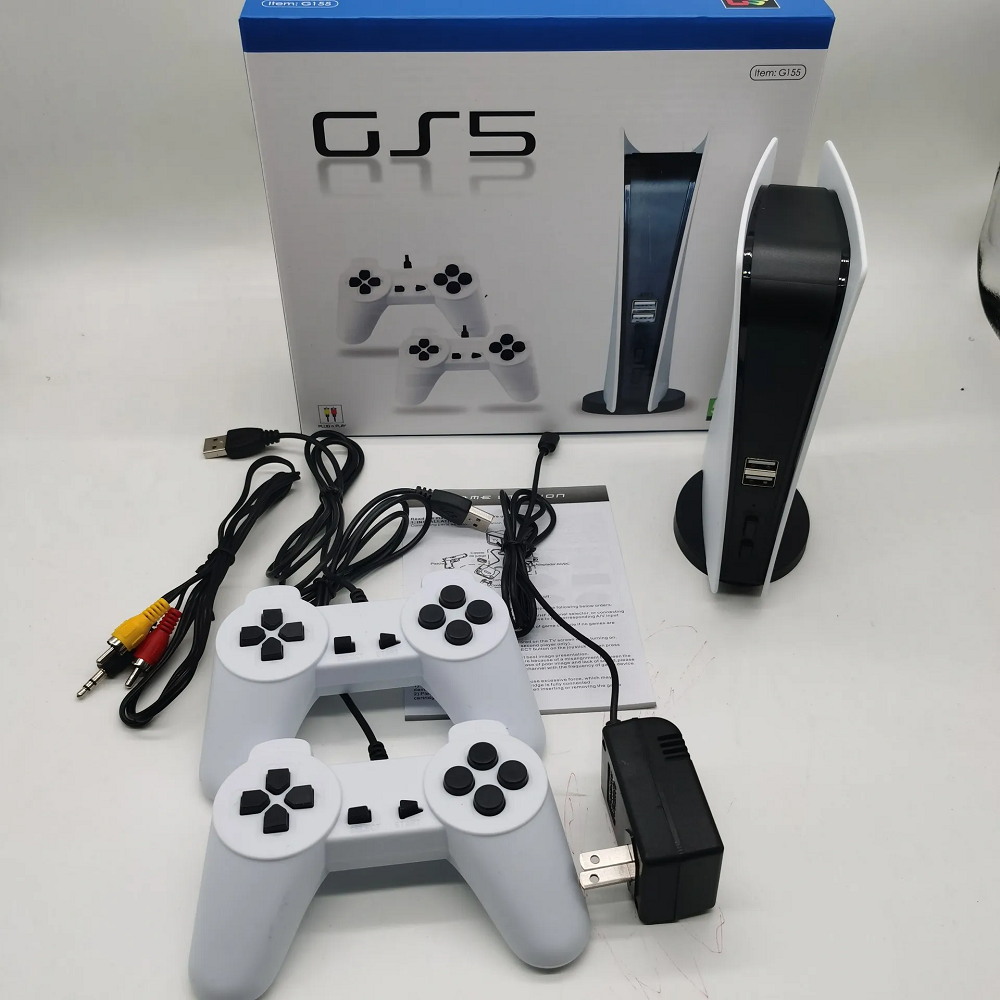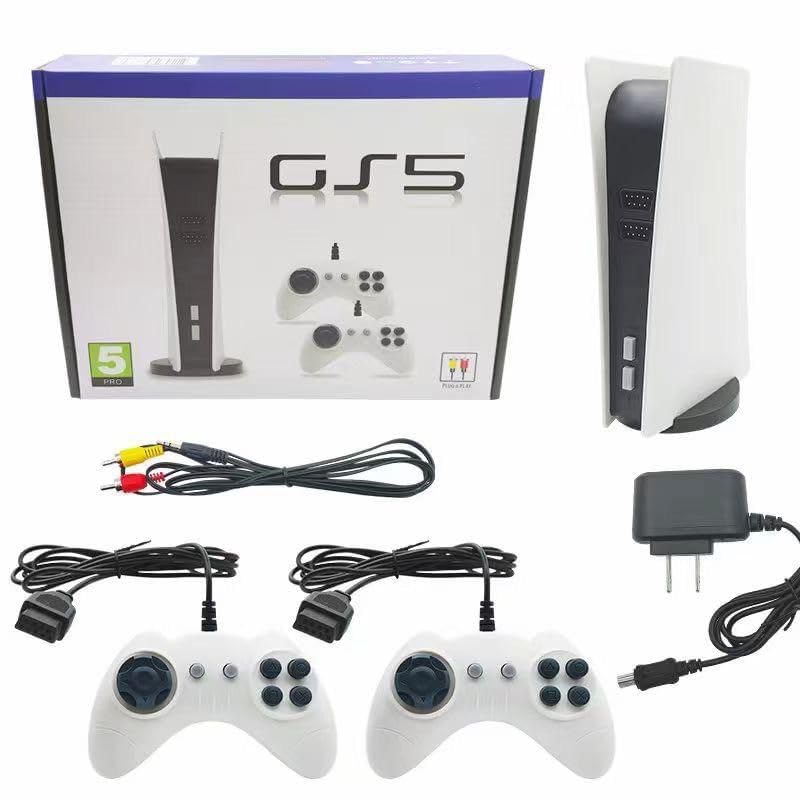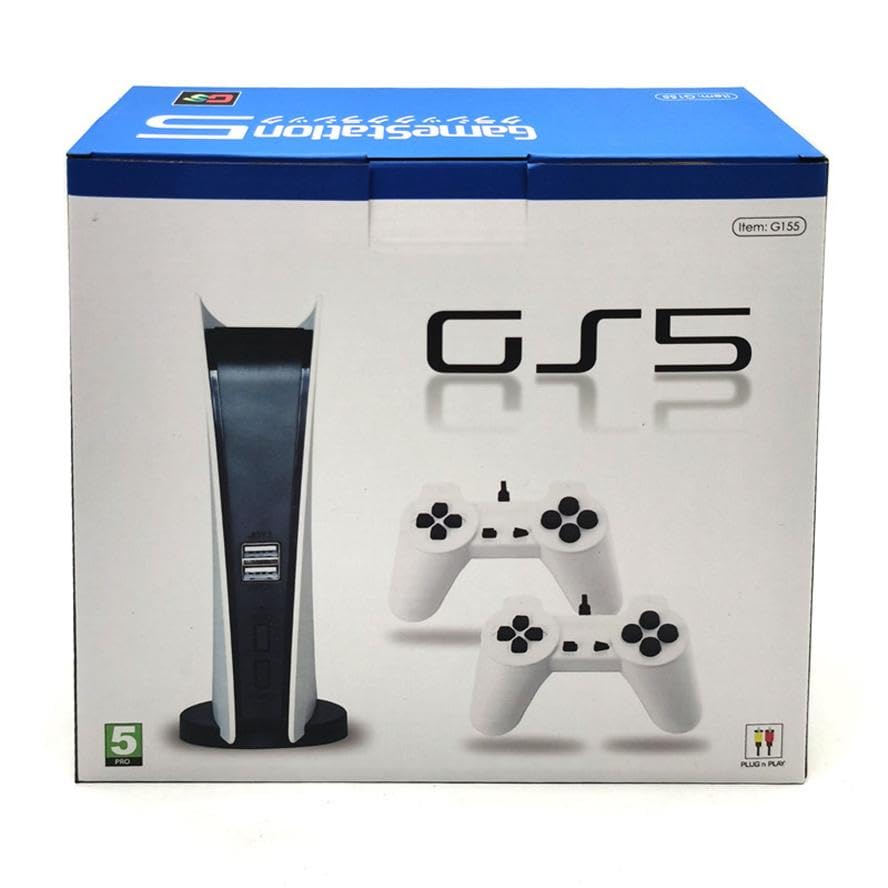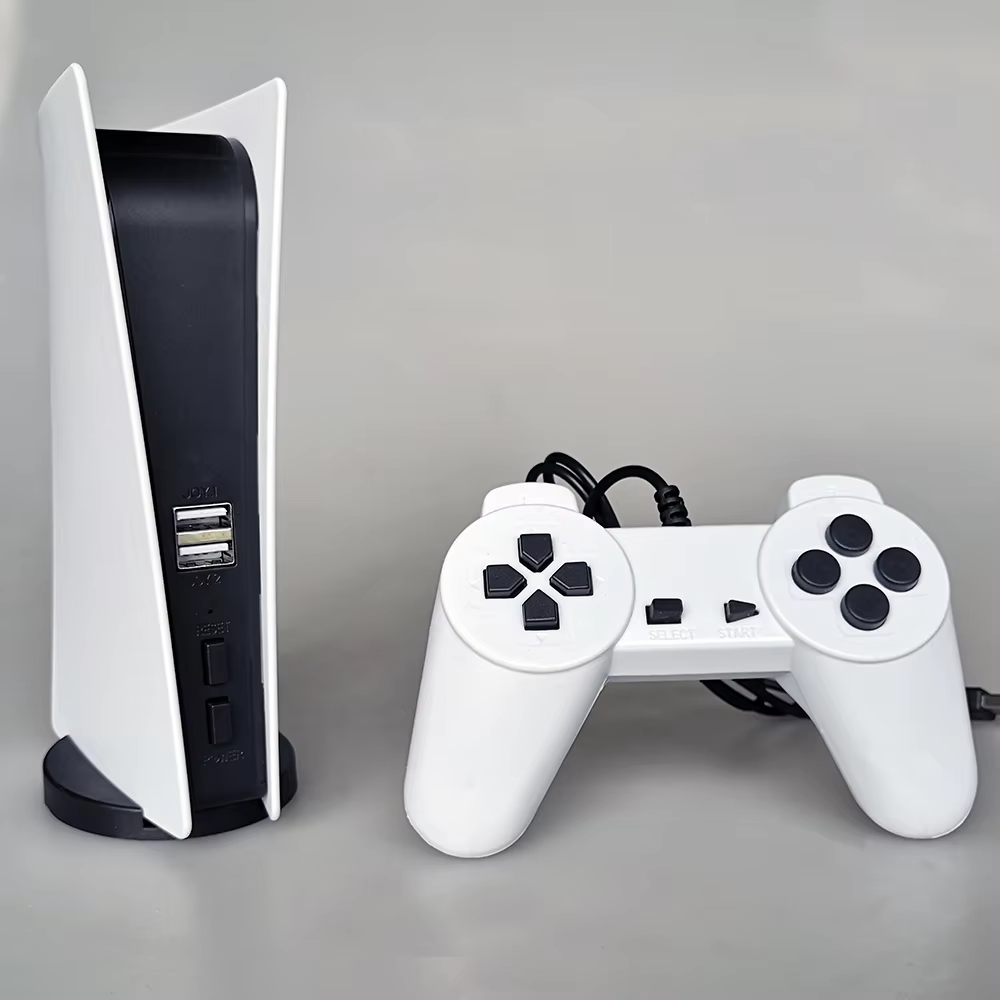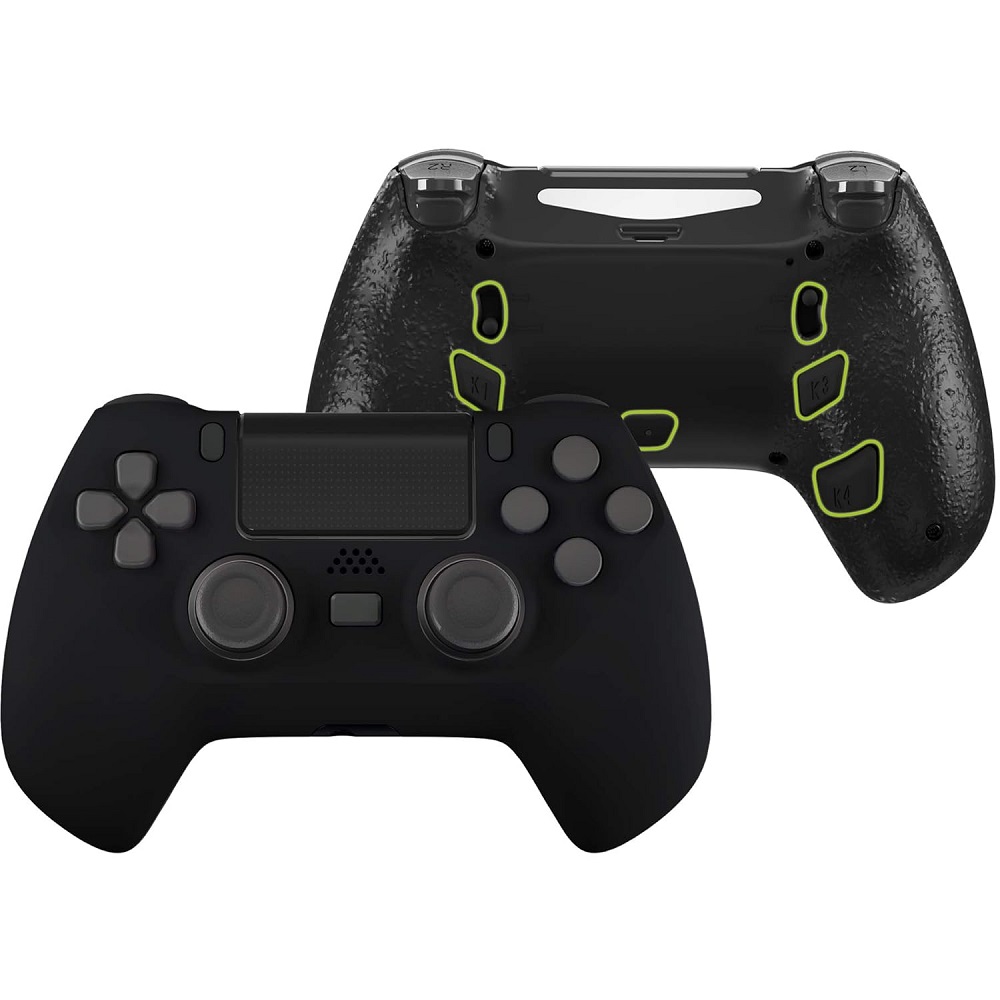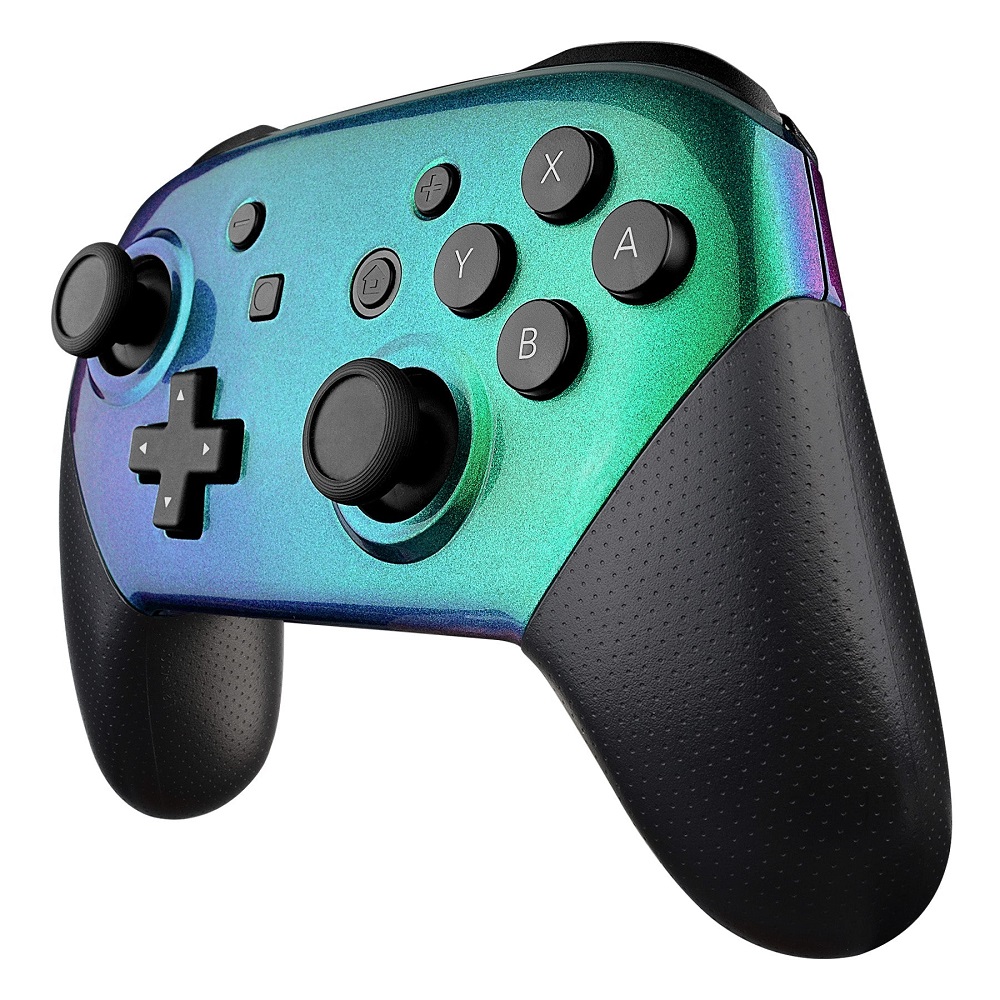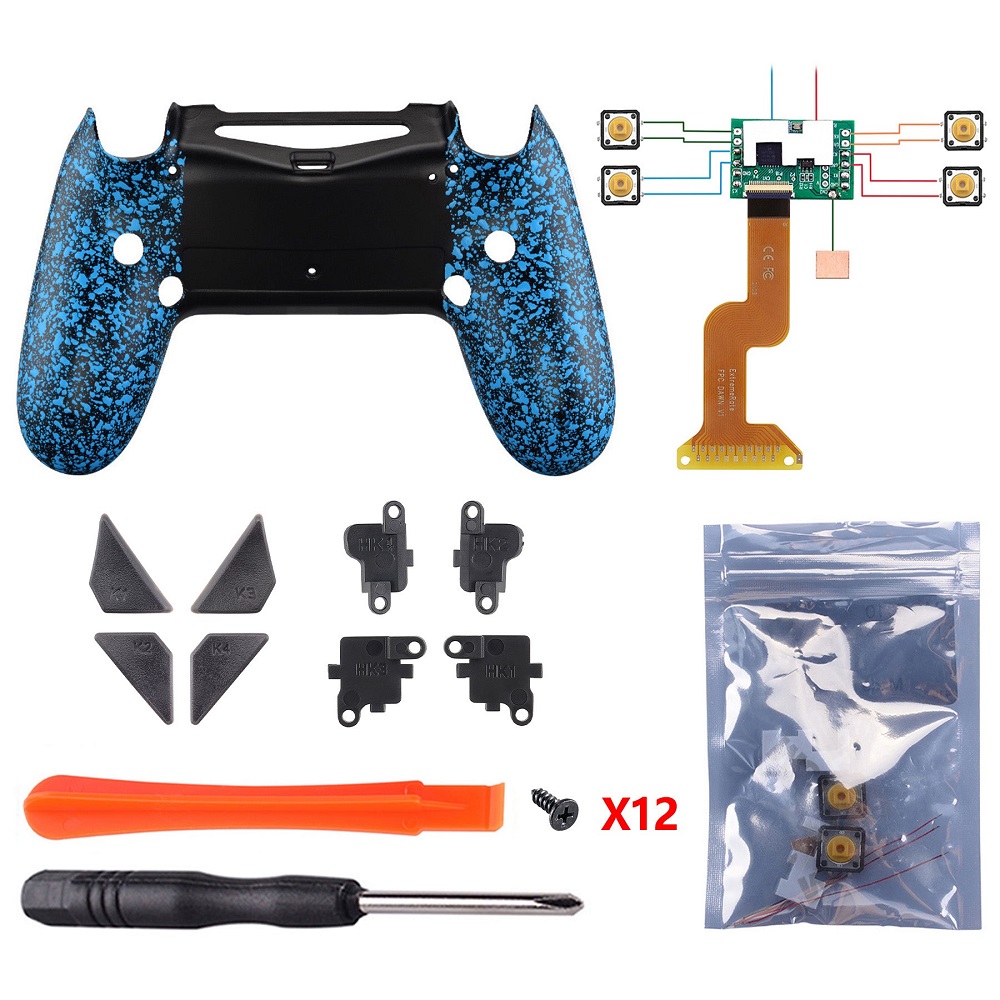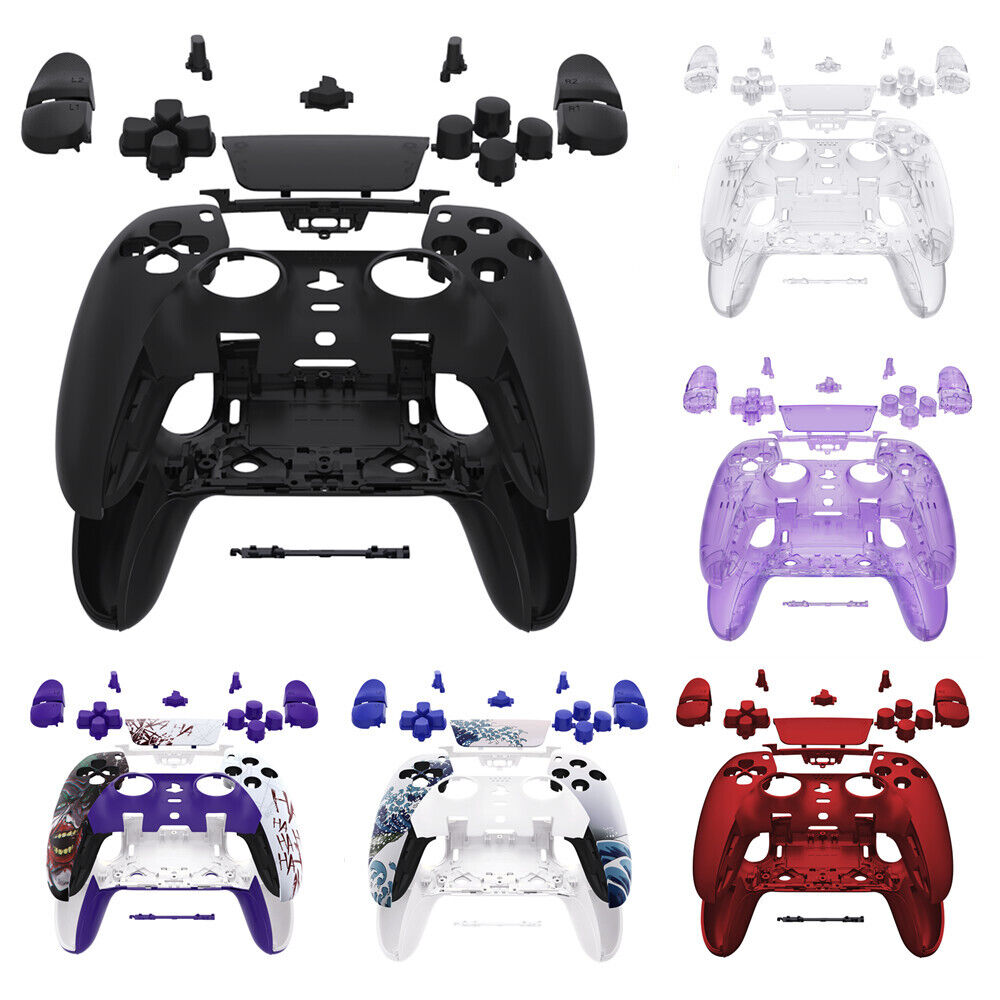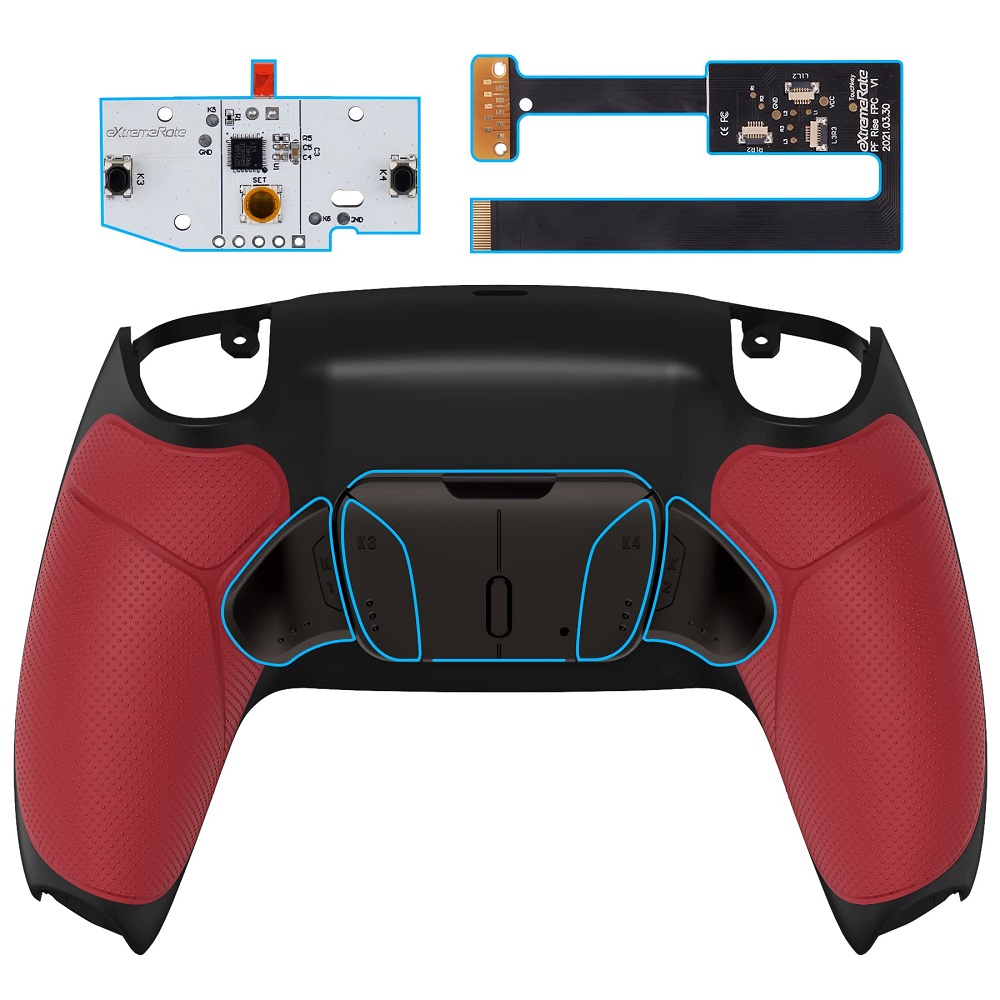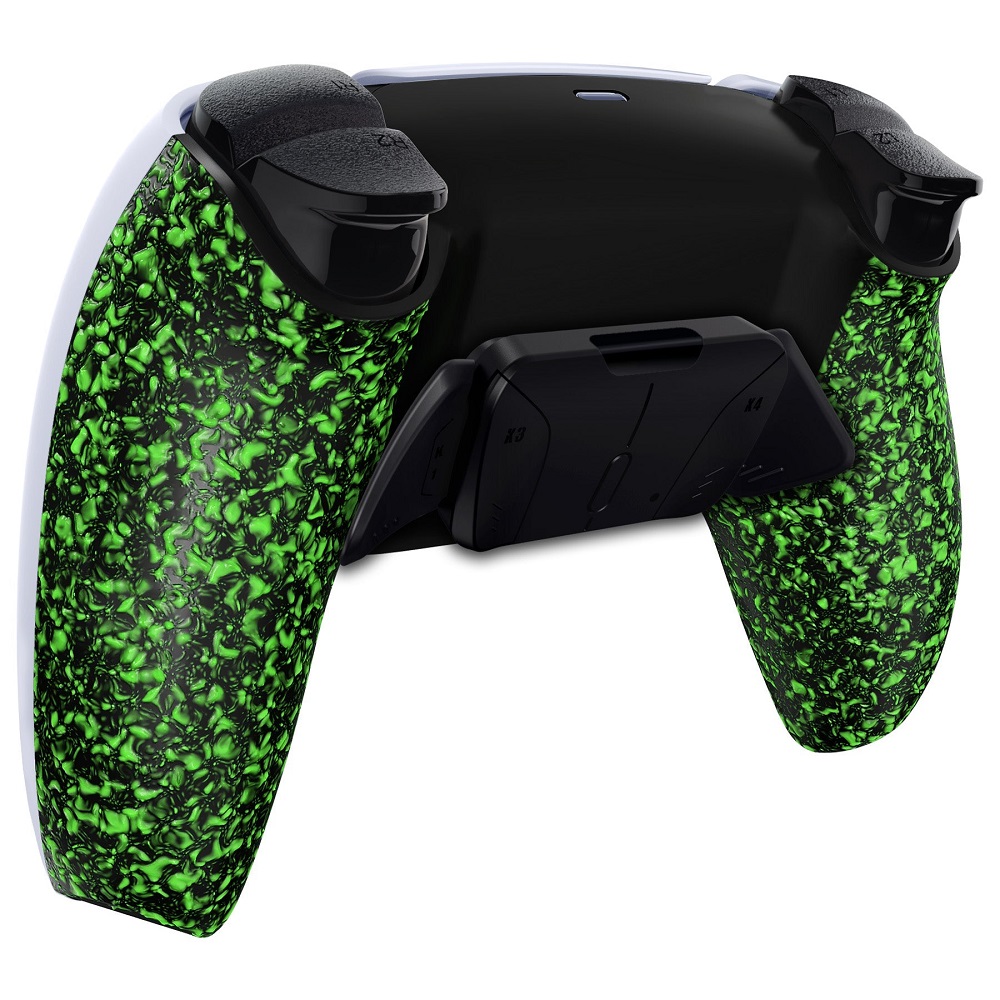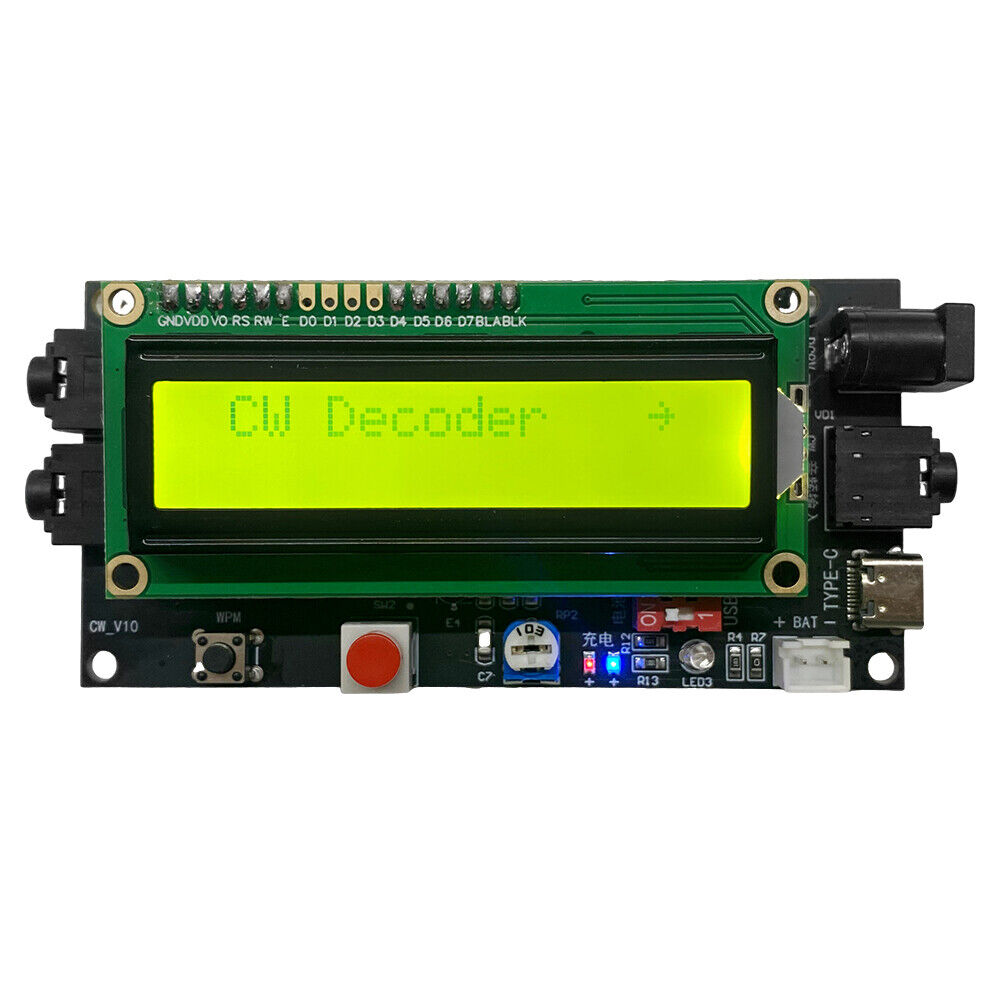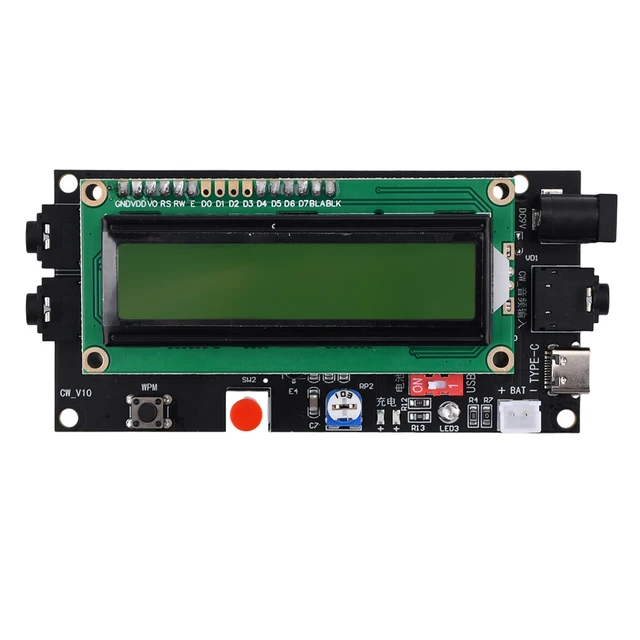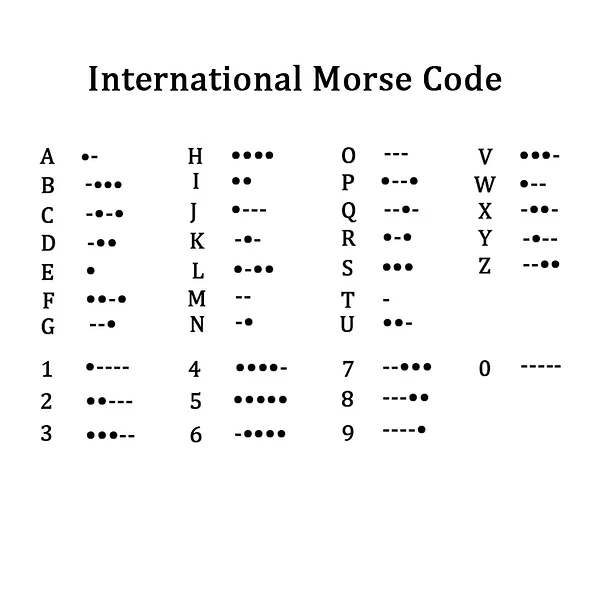Finding the Right PSP Shell: Factors to Consider for Your Console
The PlayStation Portable (PSP) is an iconic handheld gaming device that has captured the hearts of gamers worldwide since its release in 2004. Known for its impressive graphics and vast game library, the PSP continues to hold a special place in the gaming community. However, over time, wear and tear can accumulate on these devices, making it essential to find the right PSP shell(Japanese:pspシェル) to protect and personalize your console. This article discusses several crucial factors to consider when selecting the perfect shell for your PSP, ensuring that your gaming experience remains enjoyable and engaging.
Understanding Your Needs
Assessing Usage Patterns
When selecting a PSP shell, it is critical to first assess how you use your device. Are you a casual gamer who plays at home, or do you frequently take your PSP on the go? Understanding your usage patterns will help you determine the level of protection and customization you require.
For gamers who travel often, a shell with enhanced durability is essential. Frequent exposure to external elements can lead to scratches or damage. A sturdy, well-built shell can provide protection against drops and impacts. On the other hand, if you mostly play at home, a lightweight and aesthetically pleasing shell may be sufficient. By evaluating your usage, you can make a more informed decision when choosing the right shell for your PSP.
Determining Style Preferences
In addition to functionality, it’s essential to consider your style preferences. Your PSP is a reflection of your personality, and a shell can significantly impact how it looks and feels. Take time to explore various designs, colors, and themes available on the market. This exploration can help you find a shell that resonates with your individual style.
Some gamers prefer a minimalist approach with solid colors, while others may opt for complex graphics or character designs. Consider whether you enjoy cartoonish designs, retro themes, or modern aesthetics. Finding a shell that aligns with your style can transform your gaming device into a personal statement that showcases who you are.
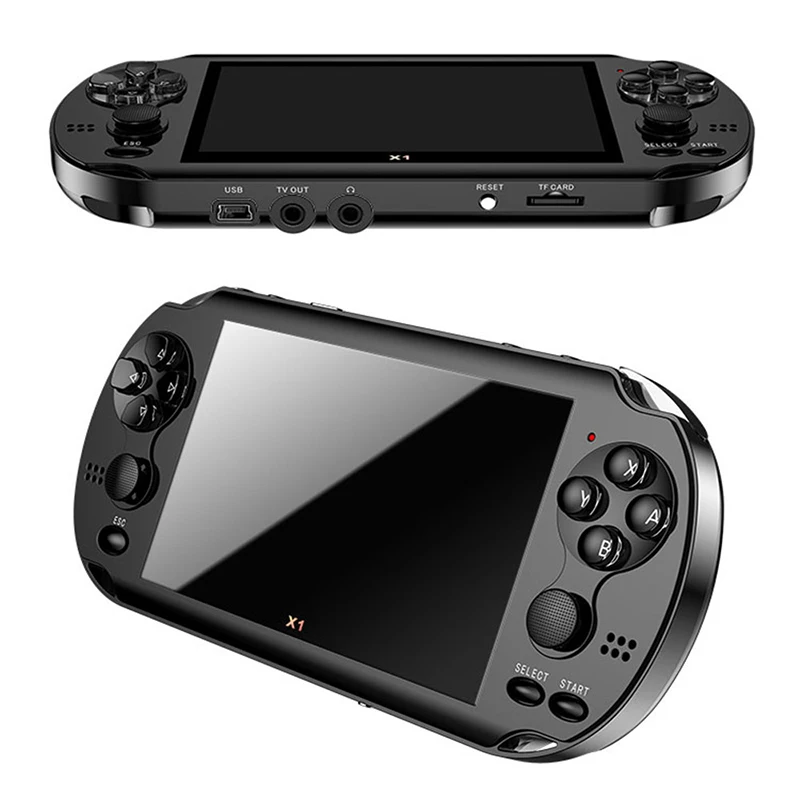
Material Options
Plastic Shells
One of the most common materials for PSP shells is plastic. Plastic shells come in a variety of designs and colors, making them affordable and widely accessible. High-quality plastic can effectively protect your device from minor scratches, dirt, and daily wear and tear.
One significant advantage of plastic shells is their lightweight nature, which adds minimal bulk to your console. This feature can enhance portability, allowing you to easily carry your PSP in a bag or backpack without feeling weighed down. Additionally, these shells are generally easy to clean, helping maintain the aesthetics of your PSP over time.
Metal Shells
For those looking for a more premium option, metal shells present an appealing alternative. They provide superior durability and can withstand impacts and drops more effectively than plastic models. Metal shells also give your PSP a sleek and stylish appearance, often catching the eye of fellow gamers.
While metal shells can be heavier than plastic options, many gamers appreciate the added protection. The polished finish of a metal shell can elevate the overall look of your device. If you often travel with your PSP or engage in more extreme gaming sessions, a metal shell might be the right choice for you.
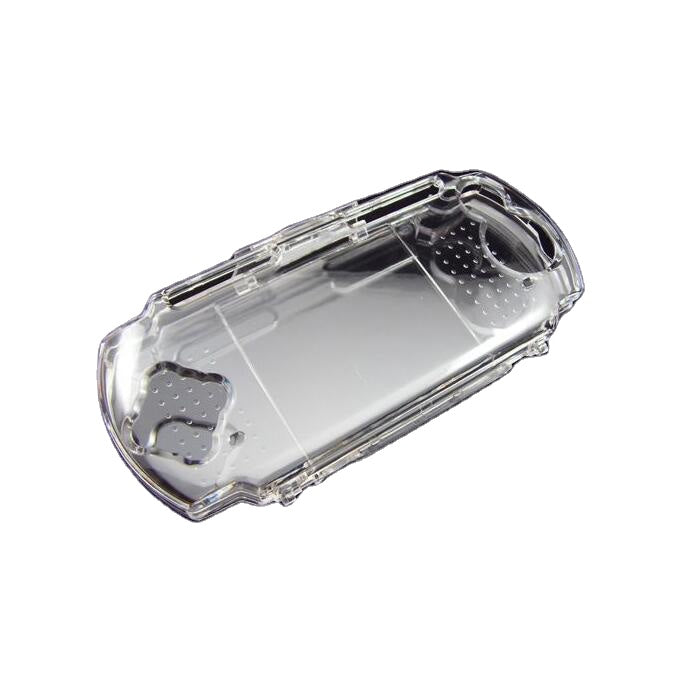
Protection Level
Basic Protection vs. Heavy-Duty Shells
When considering a shell for your PSP, it’s essential to understand the level of protection each option offers. Basic protection shells may guard against minor scratches and everyday wear, but they may not withstand significant impact. For casual gamers who handle their devices gently, basic protection might suffice.
On the other hand, heavy-duty shells provide increased resilience and defense against drops, bumps, and outdoor conditions. These shells are often reinforced with additional padding or shock-absorbent materials to ensure your console remains intact. If you often find yourself gaming on the go or in various environments, investing in a heavy-duty shell will provide peace of mind.
Water and Dust Resistance
Another factor to consider when selecting a PSP shell is the level of water and dust resistance. Some shells are designed with materials that repel moisture and prevent dust from entering the console. This feature is particularly beneficial for outdoor enthusiasts or gamers who may encounter various environmental elements.
Water-resistant shells can protect your PSP from accidental spills or light rain. Dust-resistant designs help ensure that sand and dirt do not accumulate inside your device, enhancing its longevity. Evaluating your lifestyle can help you determine whether these protective features are essential for your PSP shell.
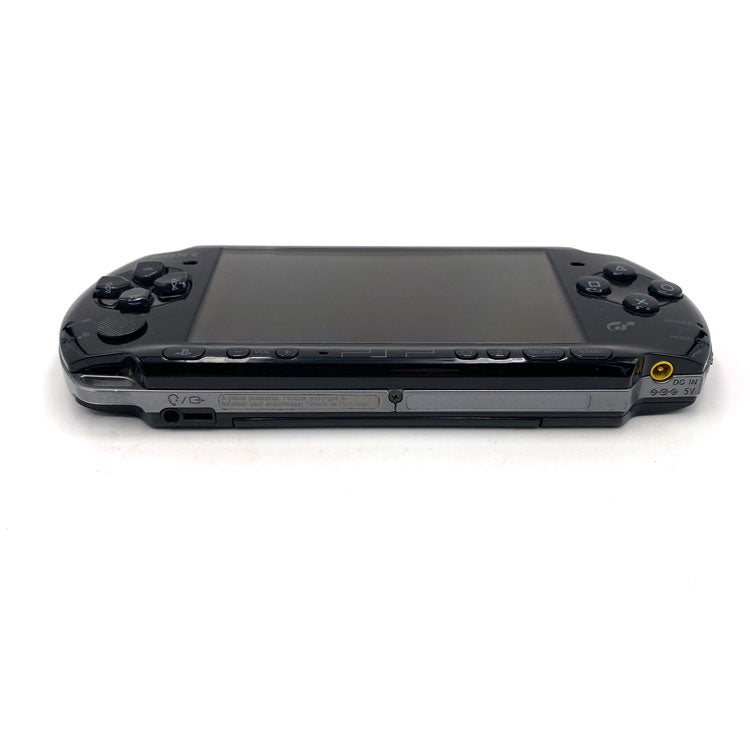
Fit and Compatibility
Ensuring Proper Fit
When selecting a shell for your PSP, it is vital to ensure that it properly fits your specific model. PlayStation Portable devices come in various versions, including the original PSP 1000, PSP Slim 2000, and PSP 3000. Not all shells are compatible with every model, so it is crucial to check specifications before making a purchase.
Incorrectly sized shells may hinder accessibility to buttons, sliders, and ports. A shell that does not fit well can lead to functionality issues, making it difficult to enjoy your gaming experience. Always verify that the product description indicates compatibility with your PSP model to avoid potential disappointments.
Considering Custom Option
If you want a truly unique look and fit, consider investing in a custom shell. Custom shells can be tailored to fit your PSP perfectly while providing various design options. Custom designs allow you to choose artwork, colors, and features that resonate with your personal taste.
Working with a manufacturer to create a custom shell may cost more than purchasing a pre-made option, but the result is a one-of-a-kind device that perfectly matches your style. This exclusivity can make you feel proud of your console and enhance your overall gaming experience.

Ease of Installation
Simple Installation Processes
Selecting a shell that is easy to install is another important consideration. Some shells are designed for straightforward installation, requiring minimal tools and time. A simple installation process allows you to quickly customize your device without the hassle of complicated procedures.
Before purchasing a shell, read reviews or watch video tutorials to gauge the installation difficulty. Many gamers appreciate products that can be installed in less than five minutes, allowing them to prioritize gameplay over assembly. A user-friendly design can lead to greater satisfaction and enhance your overall experience.
Detachable and Reversibility Options
Some PSP shells offer the option to be detachable or reversible, giving you the flexibility to change your device’s appearance whenever you like. This feature allows you to switch between styles based on your mood or the occasion, providing a fun and dynamic gaming experience.
Detachable shells can also be advantageous for those who may need to access the internal components of their PSP. Whether you need to replace a battery or clean the device, having a shell that is easy to remove can simplify maintenance tasks. Consider the practical aspects of installation and maintenance when selecting the right shell for your console.

Price and Budget Considerations
Setting a Budget
Before embarking on your search for the perfect PSP shell, it’s essential to establish a budget. Prices for PSP shells can vary widely based on factors such as material, design complexity, and brand. Having a budget in mind will help narrow down your options and make the shopping process more manageable.
While it can be tempting to choose the cheapest option, consider whether the lower price aligns with your needs. A budget-friendly shell may not provide the desired level of protection or aesthetics. By finding a balance between cost and quality, you can invest in a shell that meets your gaming requirements without overspending.
Evaluating Long-Term Value
In addition to considering your immediate budget, think about the long-term value of the shell you choose. A more expensive, high-quality shell may require a larger initial investment but can offer better protection and longevity over time. Alternatively, a cheaper option might need to be replaced sooner due to wear and tear, ultimately costing you more in the end.
When weighing your options, take into account the potential lifespan of the shell and the level of protection it provides. Investing in a quality shell that stands the test of time can enhance your overall gaming experience and save you money down the line.
Choosing the Right Shell for Your PSP
In conclusion, finding the right PSP shell involves careful consideration of various factors. By assessing your usage patterns, style preferences, and protection needs, you can narrow down your options effectively. Material choices range from plastic to metal, each offering its unique benefits and aesthetics.
Additionally, it is crucial to ensure proper fit and compatibility with your specific PSP model. The ease of installation and maintenance can greatly impact your overall satisfaction, so choosing a user-friendly option is a smart move. Lastly, setting a budget while evaluating long-term value can help you make a wise investment in your gaming experience.
Ultimately, selecting the perfect PSP shell is about creating a device that reflects who you are while offering protection and functionality. With numerous options available, you can confidently explore various designs, colors, and features to find a shell that resonates with your gaming style. Your PSP deserves to be treated with care, and a quality shell will enhance its longevity and enhance your overall enjoyment. Happy gaming!
